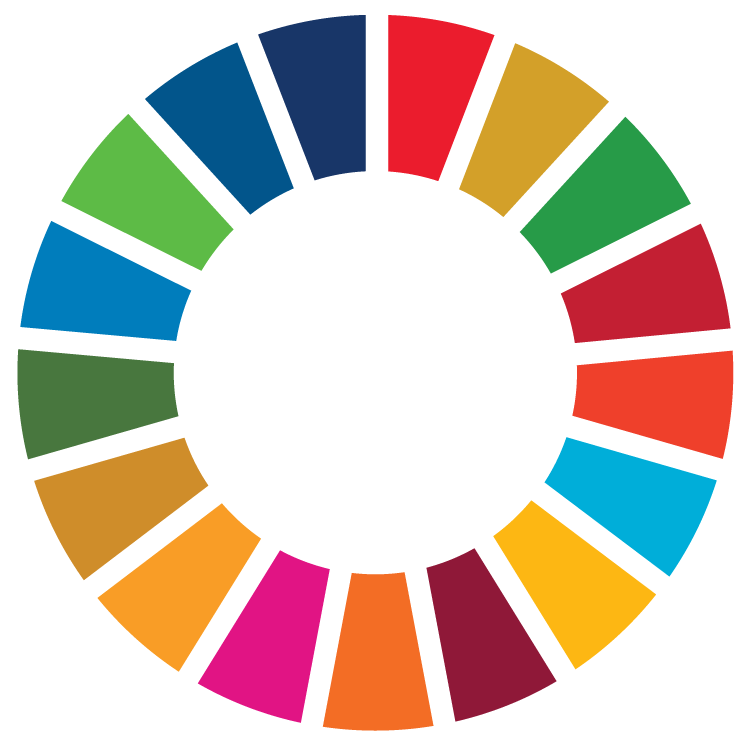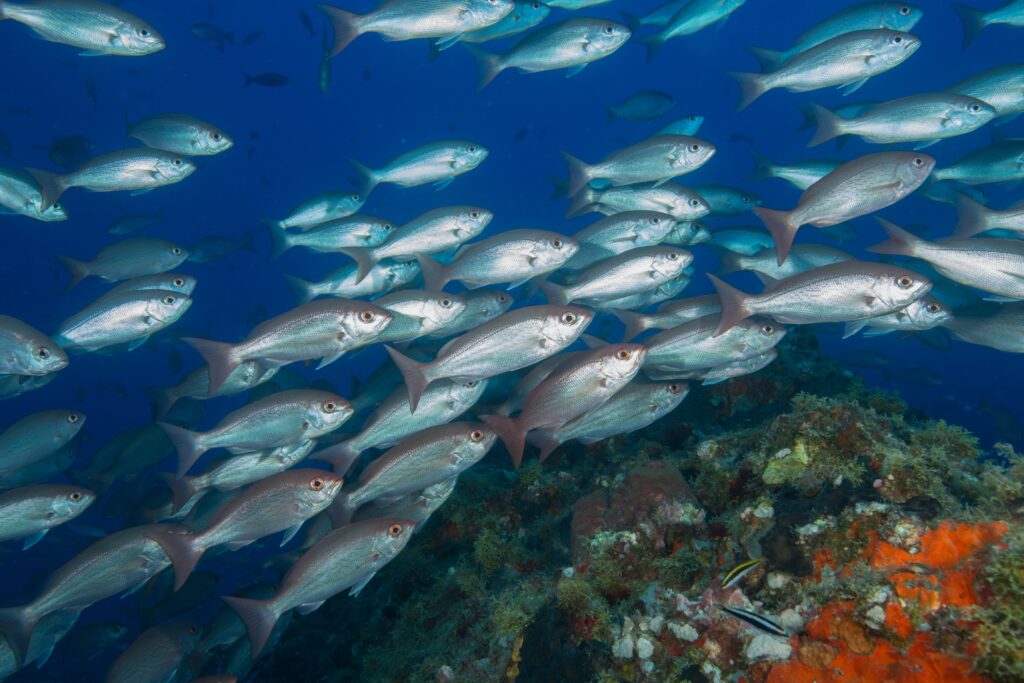The Big Pixel Initiative is developing geospatial capacity to address our world’s greatest challenges at scale. Founded in partnership at UC San Diego’s Qualcomm Institute and School of Global Policy and Strategy, we have partnered with the DigitalGlobe Foundation to grow a living, learning laboratory related to everything spatial, to investigate and design best practices in geospatial data visualization, user experience interfaces, and design techniques for scientific discovery and decision-making. Resources The Big Pixel Team has partnered with the…
SDG 14
The expansion of protected areas for marine biodiversity and existing policies and treaties that encourage responsible use of ocean resources are still insufficient to combat the adverse effects of overfishing, growing ocean acidification due to climate change and worsening coastal eutrophication. As billions of people depend on oceans for their livelihood and food source and on the transboundary nature of oceans, increased efforts and interventions are needed to conserve and sustainably use ocean resources at all levels.
Recent research at the School of Global Policy and Strategy
Technological transformations open new opportunities and disrupt old patterns. Founded in 2006, Center on Global Transformation (CGT) provides a new framework for vanguard exploration of topics critical to analyzing and shaping the forces of economic change in a deeply interconnected, thoroughly dynamic world. CGT and its Pacific Leadership Fellows program focus on academic inquiry and policy analysis of international issues. CGT’s core mission is to: Foster and disseminate research that addresses global economic and technology transformation Develop and maintain a network…
Morgan C. Levy
In the southern Amazon and northern Cerrado, deforestation has the potential to affect rainfall patterns by increasing land surface albedo, decreasing leaf area index, decreasing land surface roughness, and decreasing vegetation rooting depth. These changes can affect evapotranspiration and energy fluxes, resulting in altered rainfall patterns. Understanding changes in rainfall patterns in this region is important not only for sustaining Amazon and Cerrado ecosystems, but also for rainfed agriculture, hydropower generation, and drinking water management.
Joshua Graff Zivin and Dale Squires
In terrestrial and coastal systems, the mitigation hierarchy is widely and increasingly used to guide actions to ensure that no net loss of biodiversity ensues from development. We develop a conceptual model which applies this approach to the mitigation of marine megafauna by‐catch in fisheries, going from defining an overarching goal with an associated quantitative target, through avoidance, minimization, remediation to offsetting. We demonstrate the framework’s utility as a tool for structuring thinking and exposing uncertainties.





